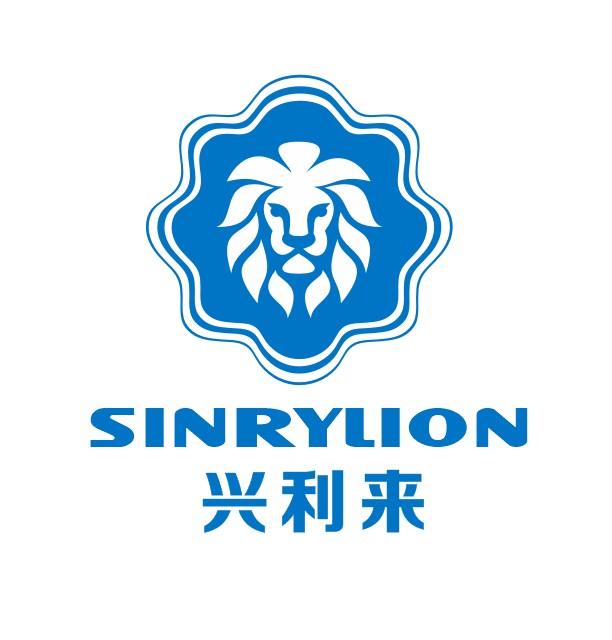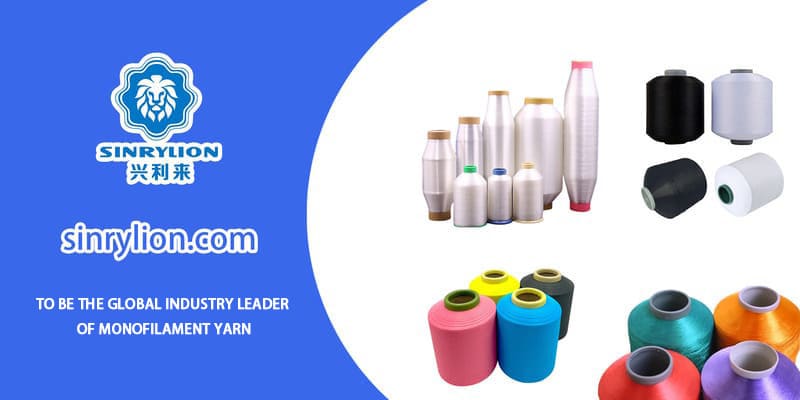How to Choose High-Quality Recycled Polyester Yarn
2025-08-13
Basic Knowledge and Performance Indicators of Recycled Polyester Yarn
Recycled polyester yarn comes from two main sources: one is recycled PET bottles or other waste plastics, which are formed into fibers through cleaning, slicing, and melt spinning; the other is yarn derived from recycled industrial waste fibers. Through processes such as melting, drawing, and twisting, these recycled materials are processed into finished yarns for use in apparel, home textiles, and industrial fabrics.
Key performance indicators of high-quality recycled polyester yarn include:
- ● Fiber Strength: Yarn strength directly affects the durability and tear resistance of fabrics. High-quality yarns undergo a precisely controlled spinning and drawing process, ensuring that the fibers remain intact during daily use.
- ● Yarn Evenness: The consistency of yarn thickness affects the smoothness and feel of the fabric. Recycled yarns with good evenness can reduce weaving defects and ensure the quality of the fabric's appearance and feel.
- ● Hygroscopicity and Breathability: Although polyester is inherently hydrophobic, hollow fiber design or microporous structures can improve the moisture absorption of recycled yarns, making them suitable for form-fitting or functional fabrics.
- ● Abrasion resistance: Abrasion resistance is a key indicator of yarn lifespan. High-quality yarn is less susceptible to pilling and breakage due to friction and long-term use, ensuring fabric durability.
- ● Dyeing performance: Yarns with uniform dyeing and high color fastness are more suitable for making fabrics with a variety of colors and maintain color stability during washing and use.
Understanding these basic properties will help buyers scientifically determine whether a product meets their expected standards when considering various yarn options on the market.
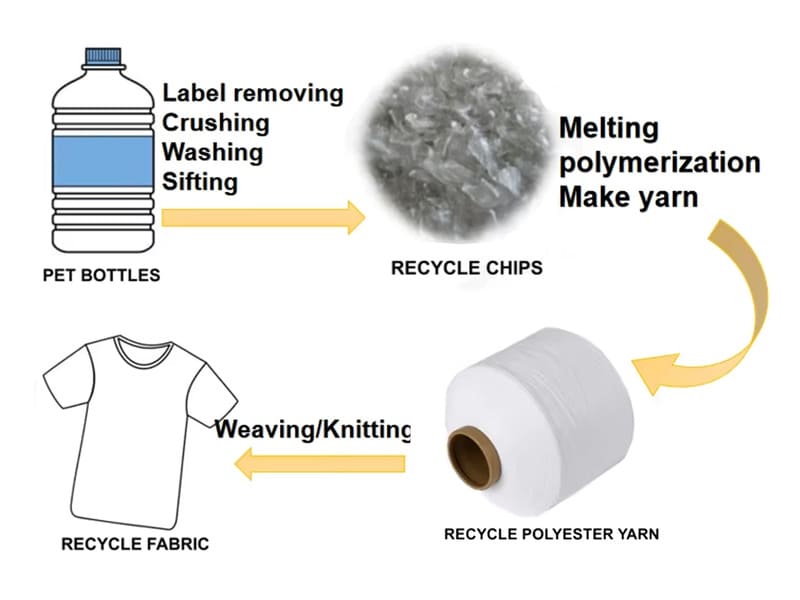
How to Evaluate the Quality of Recycled Polyester Yarn
When selecting recycled polyester yarn, understanding yarn specifications is not enough,actual evaluation methods are essential to verify its quality. Here are a few practical evaluation techniques:
- ● Appearance Inspection: High-quality recycled yarn exhibits uniform color, free of noticeable discoloration or black spots, a smooth fiber surface, and a low fiber breakage rate. It also has a soft, supple feel and moderate elasticity, making it easy to determine whether the yarn is easy to process.
- ● Fiber Length and Uniformity: Observe fiber length and morphology under a microscope to ensure that the fiber length meets the yarn design requirements. Fibers of appropriate length enhance yarn strength and fabric feel.
- ● Tensile Strength Testing: A tensile strength tester is used to measure the breaking strength and elongation of yarns. Stable strength and appropriate elongation ensure the reliability of the yarn during weaving and use.
- ● Abrasion Testing: A tribometer or laboratory abrasion test is used to verify the long-term abrasion resistance of the yarn. Yarns with excellent abrasion resistance can be used in home textiles, sportswear, or outdoor clothing.
- ● Dyeing Experiment: Samples are dyed to observe the uniformity of yarn absorption and color fastness. High-quality yarns maintain a uniform and stable color after dyeing.
Combined with practical application, these methods can help buyers determine the true performance of yarns and reduce losses caused by yarn quality issues.
Are you looking for affordable Recycled polyester yarn? You have come to the right place. We are committed to providing our customers with quality products and the best value. Your satisfaction is our motivation. Send an email to janekwok@xll-group.com today and our manufacturer will be happy to serve you.
|
Contact Us |
Email: janekwok@xll-group.com |
Whatsapp: +86-15980572980 |
Guide to Selecting High-Quality Recycled Polyester Yarn Manufacturers
Choosing the right polyester yarn company is an important step in ensuring the quality of recycled polyester yarn. Buyers can evaluate the manufacturer's capabilities based on the following aspects:
- ● Qualifications and Certifications: Reputable manufacturers typically hold ISO9001 quality management system certification and Oeko-Tex Standard 100 environmentally friendly textile certification. These certifications ensure standardized production processes and environmentally safe products.
- ● Equipment and Technology: Advanced spinning, drawing, and twisting equipment, along with automated testing systems, help ensure yarn uniformity and stable strength. Highly skilled manufacturers can also meet diverse fiber performance requirements.
- ● R&D and Testing Capabilities: Manufacturers with independent R&D and testing capabilities can optimize yarn performance, resolve processing issues, and provide customers with experimental data and technical support.
- ● Capacity and Delivery Capabilities: Stable production capacity and standardized management ensure supply continuity, preventing disruptions to production.
- ● Customer Case Studies and Reputation: Examining a manufacturer's track record of collaboration with renowned brands or export customers can assess their strength and reputation, providing a reference for selecting a reliable supplier.
By comprehensively examining a manufacturer's qualifications, equipment, R&D, production capacity, and customer reputation, you can scientifically assess the manufacturer's strength and select a reliable source for high-quality recycled polyester yarn.
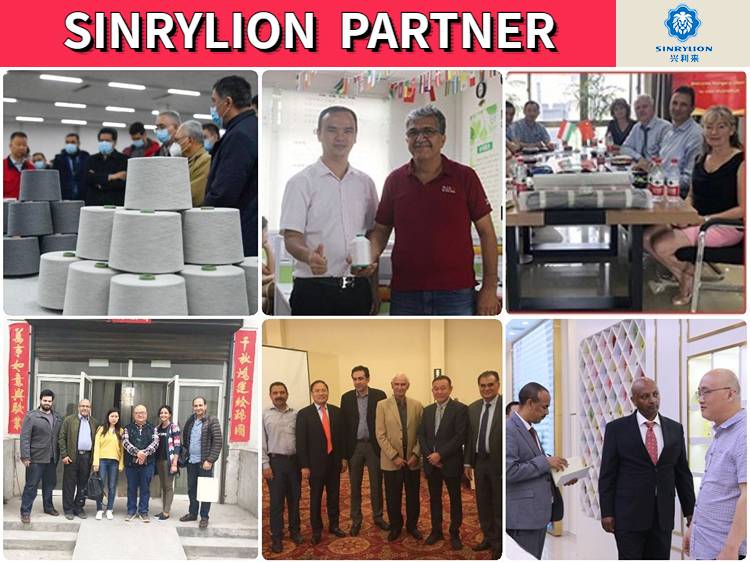
Practical Advantages of High-Quality Recycled Polyester Yarn
High-quality recycled polyester yarn offers significant advantages in practical applications, primarily in the following areas:
- ● Textile and Apparel Applications: This high-quality yarn is suitable for sportswear, outdoor apparel, and functional fabrics. It offers excellent strength and abrasion resistance, resists pilling, deformation, or breakage, and meets the demands of long-term wear and frequent washing.
- ● Home Textile and Home Furnishing Applications: In home textiles such as bedding, curtains, and sofa fabrics, high-quality recycled yarn offers excellent uniformity, moderate moisture absorption, a soft feel, and even dyeing, adding comfort and aesthetic appeal to the home.
- ● Shoe Material (Uppers and Linings) Applications: Recycled polyester yarn, due to its abrasion resistance, tensile strength, and excellent stability, is widely used in the uppers and linings of athletic, casual, and outdoor shoes. Uppers woven with this high-quality yarn not only have a crisp, vibrant appearance but also withstand long-term friction and wear from outdoor environments, extending the lifespan of the shoe. Furthermore, its breathable design improves foot comfort and contributes to a more sustainable footwear product while also being environmentally friendly.
- ● Environmental Value: Recycled polyester yarn reduces dependence on petrochemical raw materials, reduces plastic waste and carbon emissions, aligns with sustainable development, and positively impacts a company's brand image and market competitiveness.
- ● Long-Term Cost-Effectiveness: While high-quality recycled yarn may be slightly more expensive, its durability and stability can reduce rework and replacement frequency, making it more economical overall.
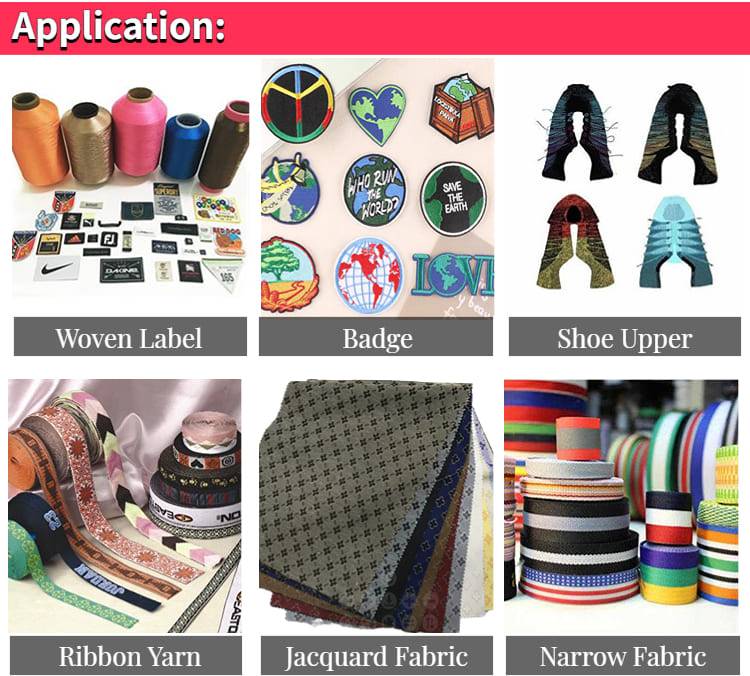
Common Problems and Misconceptions
When purchasing and using recycled polyester yarn, be aware of some common misconceptions:
- ● "The cheaper, the better" isn't always true: Low-priced yarn may have problems such as short fibers, high levels of impurities, and poor abrasion resistance. While this may save costs in the short term, it may increase rework and waste in the long term.
- ● Performance Differences Between Recycled and Virgin Polyester Yarn: Modern high-quality recycled yarns, through precision processing, have properties such as strength and uniformity approaching those of virgin polyester yarn. Choosing a reputable manufacturer ensures reliable performance.
- ● Tips for Identifying Counterfeit and Substandard Recycled Yarn: Substandard yarns often exhibit uneven color, inconsistent fiber thickness, and a brittle feel. Visual inspection, hand feel, and sample tensile testing can quickly assess yarn quality.
- ● Emphasis on Environmental Certifications: Recycled yarns lacking certifications such as Oeko-Tex may contain hazardous substances. When purchasing, pay attention to environmental standards to ensure product safety and market acceptance.
By understanding and avoiding these misconceptions, buyers can more scientifically select recycled polyester yarns, improving product quality and market competitiveness.
 English
English 한국어
한국어 বাংলা ভাষার
বাংলা ভাষার हिन्दी
हिन्दी Türkçe
Türkçe русский
русский